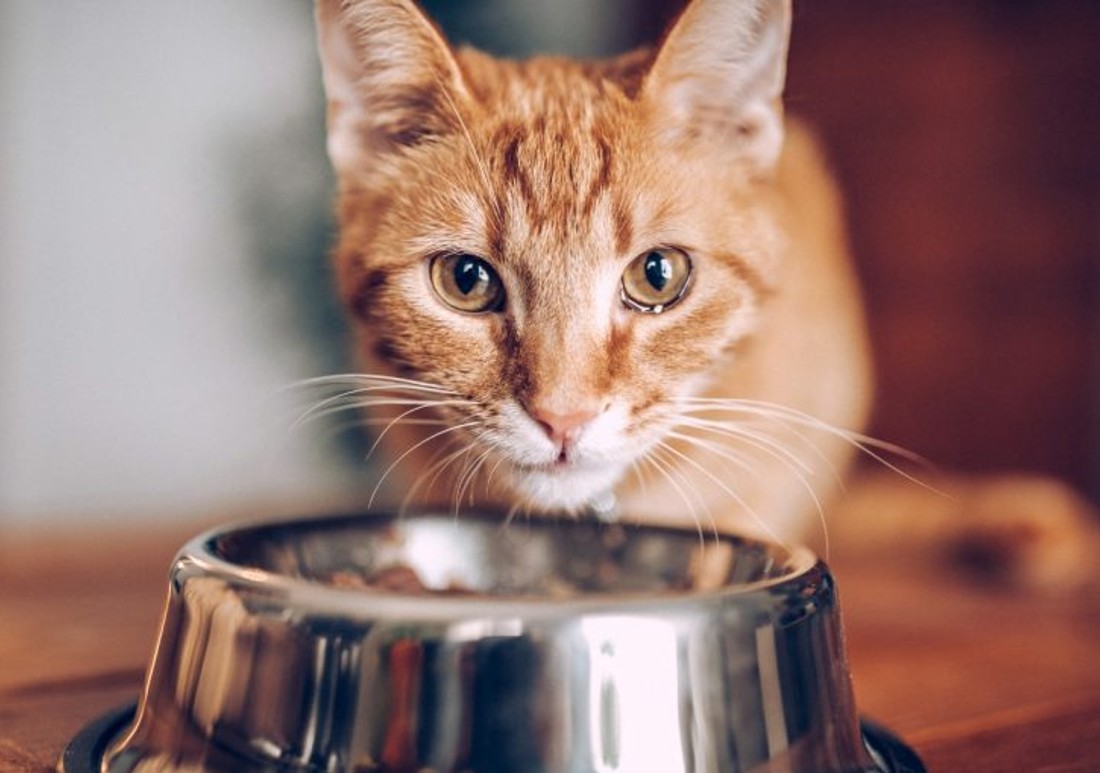Cat Not Eating or Drinking? 3 Possible Reasons and Tips for Better Digestion

It can be concerning when your cat refuses to eat or drink, as their appetite and hydration are essential to their well-being. Loss of appetite and decreased water intake can signal underlying issues that require attention, from unknown health problems to unmet food preferences.
In this blog post, we will explore three reasons your cat may not be eating or drinking enough. We will also provide practical tips to improve their digestion and encourage better eating habits. By understanding why your cat’s behavior and diet have changed, you can take the necessary steps to support their overall health and ensure they receive the nourishment they need.
1. Health Problems
Loss of appetite and decreased water intake can be signs of an underlying health issue. Dental problems, gastrointestinal issues, infections, kidney disease, and pain can affect a cat’s desire to eat or drink. If your cat’s lack of appetite persists or is accompanied by other concerning symptoms, it is essential to consult with a veterinarian to identify and address any potential health problems.
2. Stress and Anxiety
Cats are sensitive creatures and experiencing stress or anxiety can affect their eating habits. Major changes in their environment, such as moving, a new pet, or changes in routine, can trigger stress. Provide a calm and secure environment for your cat, ensuring they have a quiet and safe space to retreat to, especially for mealtime. Interactive cat toys, scratching posts, and vertical spaces can help alleviate stress and provide mental stimulation.
3. Food Preferences
Just like humans, cats can develop preferences for certain types of food. If you’ve recently changed your cat’s diet or introduced a new food, they may reject it. Experiment with different textures, flavors, and brands to find a food that appeals to your cat’s taste. Gradually transition to a new food by mixing it with their current food to avoid sudden changes that may further discourage eating or result in gastrointestinal discomfort.
Tips for Better Digestion
Offer a Variety of Food Options
Provide your cat with a diverse selection of wet and dry food options to accommodate their preferences. Cats may prefer different textures or flavors at different times, so offering variety can help stimulate their appetite.
Feed Smaller, Frequent Meals
Rather than serving large meals, consider offering smaller, more frequent meals throughout the day. Also, make sure to use a food and water bowl for cats with enough area to eat and drink comfortably.
Ensure Fresh Water Availability
Cats need access to fresh and clean water at all times. Provide multiple water sources in different areas of your home and consider using cat water fountains, which can help attract your cat’s attention and encourage them to drink more.
Maintain a Regular Feeding Routine
Establish a consistent feeding routine by feeding your cat at the same time each day. Cats thrive on routine and predictability, and a consistent schedule can help promote regular eating habits.
Warm Up Food
Warming wet food to room temperature or slightly above can enhance its aroma, making it more enticing for your cat. Be cautious not to overheat the food to avoid burns. You can also try mixing in a spoonful of warm water to increase the food’s temperature and change its texture.
Monitor Eating Behavior
Keep an eye on your cat’s eating behavior, noting any changes or abnormalities. If you notice a persistent loss of appetite or changes in drinking patterns, consult your veterinarian for a thorough examination.
Final Note!
When your cat refuses to eat or drink, it’s important to investigate the underlying causes and take appropriate action. Whether by addressing health problems, reducing stress, or accommodating food preferences, understanding and responding to the reasons behind their behavior can help you improve their digestion and encourage better eating habits. Remember to contact a veterinarian if your cat’s lack of appetite persists or if you have concerns about their overall health. With patience, observation, and appropriate intervention, you can support your cat’s well-being and ensure they maintain a healthy and balanced diet.
Your Pet’s Best Interest, Always
At Pet Institute, we take pet care seriously. We're dedicated to transparency, impartiality, and the well-being of your pets in every article, review, and recommendation we provide. Our unwavering commitment to these principles ensures that you, our valued reader, always receive reliable and unbiased information. Let us be your trusted guide in the world of pet care and companionship.